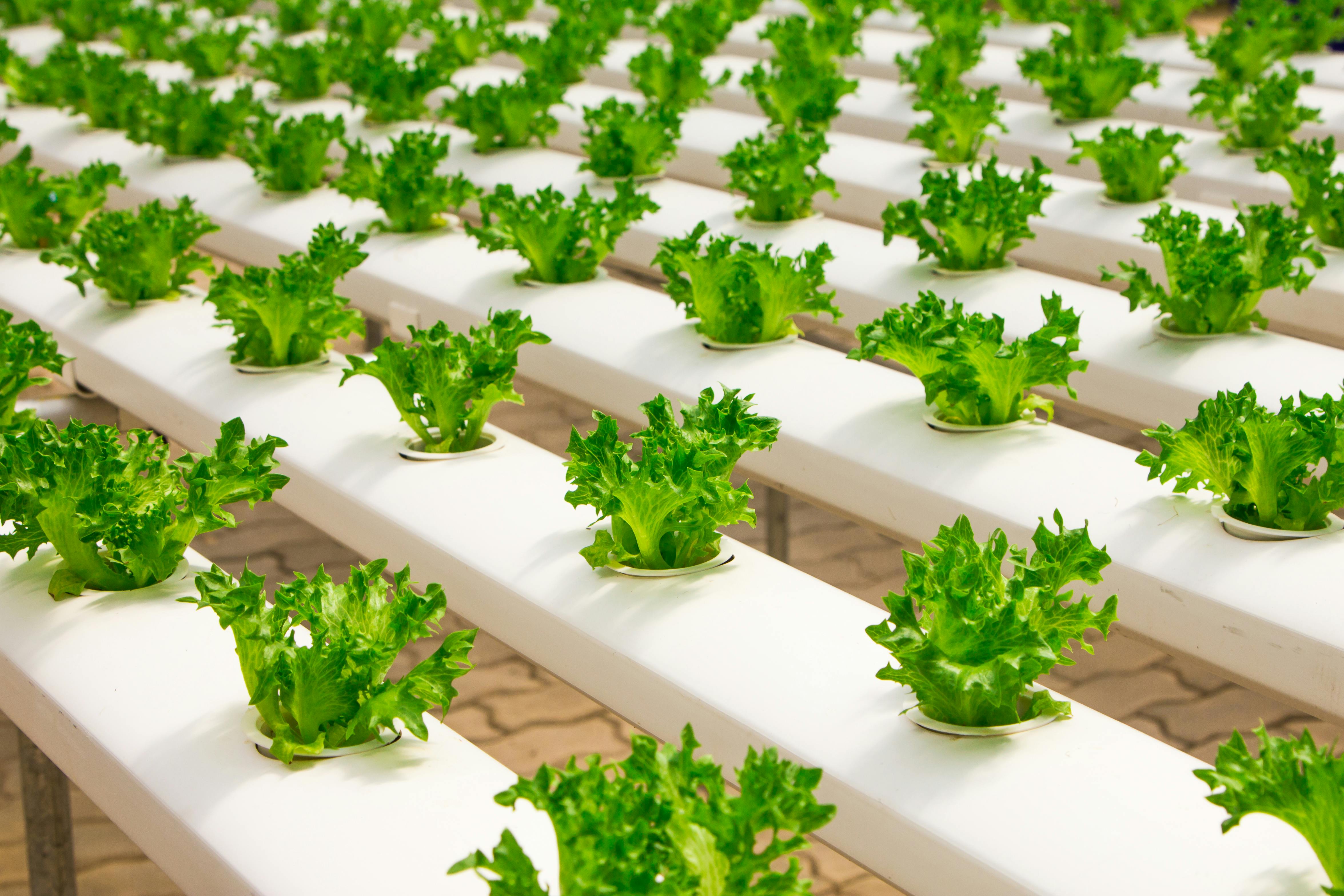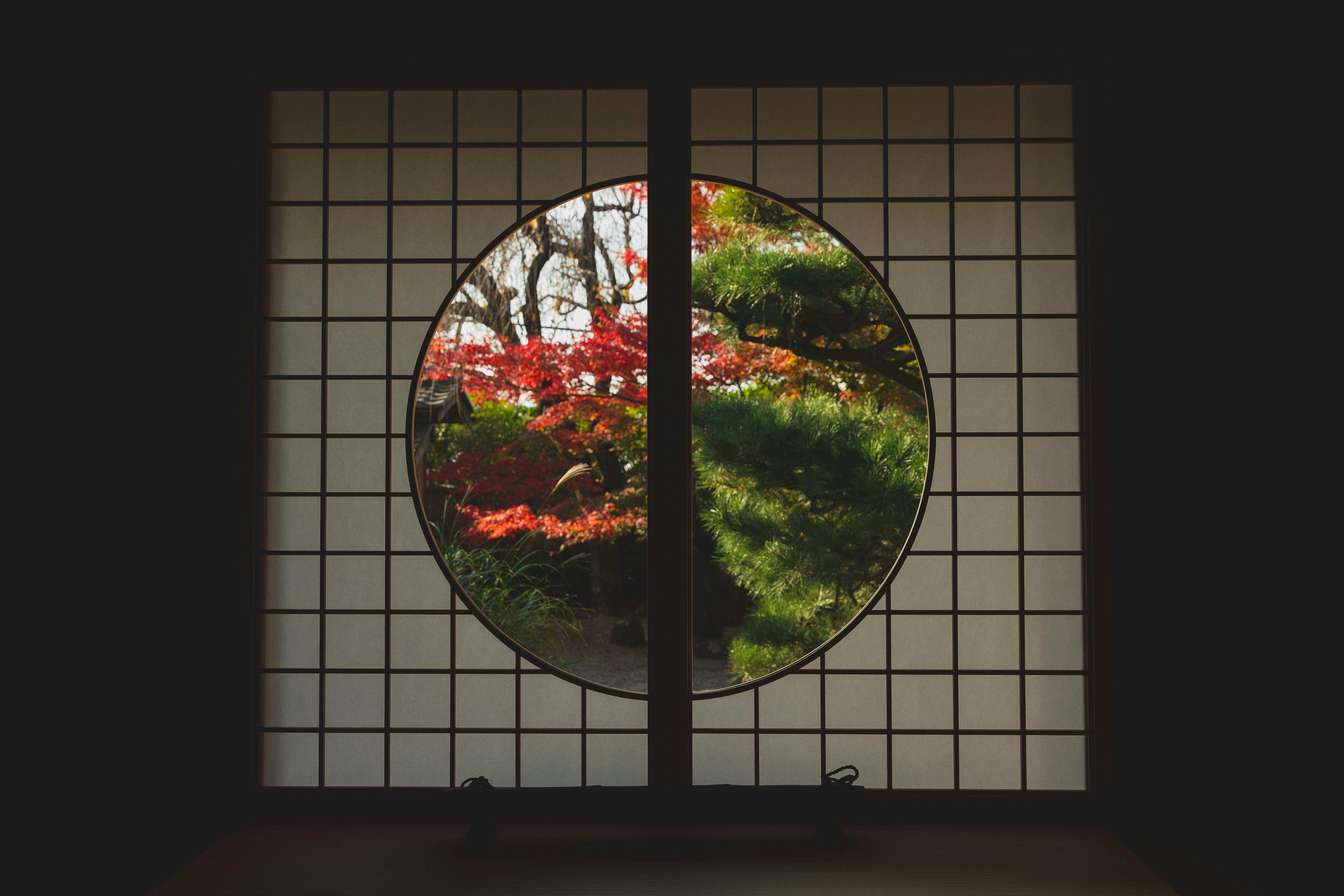Growing a garden can be a rewarding and enjoyable experience. It’s a great way to bring nature into your backyard, add to the beauty of your landscape, and provide you with fresh fruits and vegetables for you and your family to enjoy. Whether you’re just starting out or have been gardening for years, there are some basics that all gardeners should know to ensure a successful harvest. Here are some tips on how to grow a garden.Choosing the right garden space is important in order to ensure that your garden is successful. When selecting a garden space, consider factors such as sunlight, soil type, and the size of the area. Make sure that the area receives enough sunlight throughout the day for your plants to thrive. It’s also important to assess the soil in order to determine what kind of plants will grow best. Additionally, consider how much space you have available and plan accordingly so that you don’t overcrowd your garden. Taking all of these factors into consideration will help you select the ideal garden space for your needs.
Preparing the Soil
When preparing the soil for planting, it is important to ensure it is both clean and nutrient-rich. This can be done by removing any rocks, stones, weeds, or other debris that may be present in the soil. Once the soil has been cleared of these impurities, it should be tested for its pH level and amended accordingly with fertilizers or other additives. Depending on which types of plants are being planted, the soil may also need to be tilled or aerated to improve drainage and promote root growth.
Growing Vegetables in Your Garden
Growing vegetables in your garden can be a fun, rewarding experience. Not only will you get to enjoy the satisfaction of eating fresh produce that you grew yourself, but you’ll also save money on grocery shopping. Plus, it’s a great way to get outside and enjoy some fresh air and sunshine. Here are some tips for successfully growing vegetables in your garden.
The first step is deciding which vegetables to grow. Most vegetables need plenty of sun and well-draining soil, so make sure you choose a spot that
Planting Herbs and Flowers in Your Garden
Adding herbs and flowers to your garden is a great way to create a beautiful, vibrant space. Herbs and flowers can add texture, color, and even fragrance to your outdoor space. Not only are they beautiful, but herbs and flowers can also benefit your garden by attracting beneficial insects like pollinators, as well as providing food for birds and other wildlife. Plus, many herbs have culinary or medicinal uses so you can enjoy them in the kitchen or use them for natural remedies. Here are some tips on how to plant herbs and
https://images.pexels.com/photos/348689/pexels-photo-348689.jpeg
Using Natural Fertilizers and Pesticides
Organic gardening is a great way to produce healthy, nutritious fruits and vegetables in an environmentally-friendly manner. By using natural fertilizers and pesticides, gardeners can reduce their reliance on chemical products and still enjoy a beautiful, productive garden. Natural fertilizers are made from organic matter, such as composted manure or yard waste, while natural pesticides are derived from plants or other natural sources.
Organic fertilizers provide essential nutrients to the soil that help plants grow strong and healthy. Composted manure is

Watering Your Garden Plants Regularly
Watering your garden plants regularly is essential to ensure they get all the nutrients they need. Without water, plants cannot survive. Plants need water to photosynthesize, transport nutrients, and grow strong. A regular watering schedule will help ensure that your plants receive the water they need for optimal growth and health.
The amount of water your garden plants need will depend on a variety of factors, such as the type of plant, the environment in which it is growing, and the time
Pruning and Deadheading Flowers and Herbs
Pruning and deadheading flowers and herbs is an important part of gardening. Pruning helps to shape the plant, promote flowering, and maintain healthy growth. Deadheading removes spent blossoms to encourage further blooms, as well as prevent the plants from going to seed. Doing both of these tasks regularly will keep your flowers and herbs looking their best.
When pruning plants, it is important to use the proper tools for the job. For small branches or stems, a pair of
Controlling Weeds in Your Garden
Weeds can be a major nuisance in any garden. They steal nutrients, water and light away from your plants, leaving them weak and susceptible to disease and pests. Controlling weeds is essential for a healthy, thriving garden. Here are some tips on how to control weeds:
The most effective way of controlling weeds is to prevent them from taking root in the first place. This can be done by maintaining a thick layer of mulch around your plants, which will smother weed seeds before they have a

Conclusion
Growing a garden is an exciting, rewarding and satisfying experience. Not only will you have the opportunity to observe nature up close, but you’ll also be able to enjoy the fruits of your labor when your garden is in full bloom. Gardening can improve your physical health, mental well-being, and overall quality of life. It’s a great way to spend time outdoors while being productive and creative. There are so many different types of gardens to choose from, so it’s important to consider what type of plants you want to grow and how
